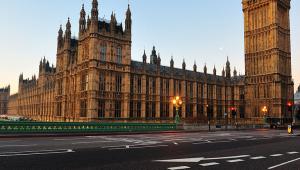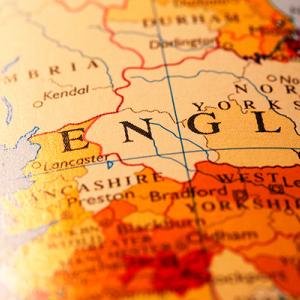The Public Accounts Committee said over-estimating of tax liabilities and other operational and financing costs led the water regulator to set price limits in its five-year periods contributed to windfall gains of at least £1.2bn between 2010 and 2015.
In its 2010 price review, Ofwat set an allowance for corporation tax charges which was not adjusted to reflect the falls in the headline tax rate that subsequently occurred, committee chair Meg Hillier highlighted.
“Ofwat was set up to protect the interests of customers, most of whom have no choice over who supplies their water yet must pay bills typically running to hundreds of pounds,” she said.
“Many householders will therefore be appalled to learn these bills could have been smaller had Ofwat adopted a different approach to setting price limits for water companies. This approach must be reviewed as a priority. We are also calling for greater transparency over windfall gains made by water suppliers, and more effective action to see these gains passed on to customers.”
Efforts to ensure these gains were shared with customers had “secured limited results that varied significantly” from company to company, the MPs added.
Greater use should also be made of comparisons with other regulated utility sectors and international suppliers to develop a clearer picture of what services should cost if provided efficiently.
Responding to the report, Ofwat chief executive Cathryn Ross said the regulator would consider the recommendations carefully.
“The PAC’s comments on gains relate to decisions Ofwat made six years ago. Since 2012, we’ve stressed that customers are having a really tough time, and stepped in to claw back £435m from companies,” she said.
“We then challenged companies to reduce bills further, resulting in £3bn of savings, which will mean bills fall 5% in real terms over the next five years. Service will continue to improve and we will have kept bills below inflation over two decades.
“Yet it’s no time for complacency. We’ve made changes so that companies become more transparent and resilient. And plan more changes to help create a sector customers can trust. That means making companies more efficient, more accountable and much better at responding to what customers want.”





















